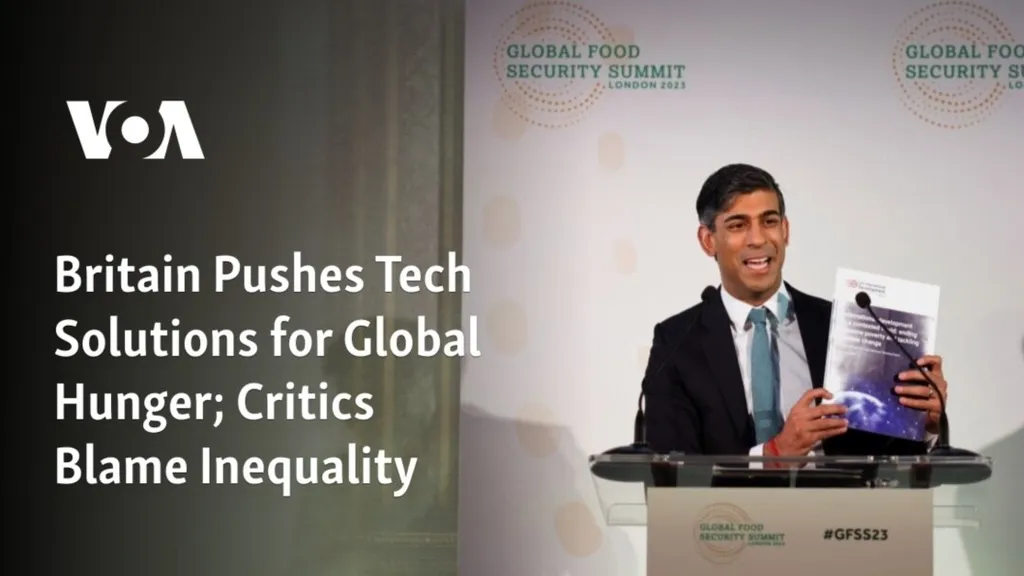A cross-party committee in the UK has launched an inquiry to explore how scientific innovations and low-tech solutions can bolster global food security, amid projections that over 600 million people worldwide will face hunger by 2030. The United Nations estimates that global food production must increase by 70% to feed a projected global population of 9.7 billion by 2050. The inquiry will delve into the role of the UK in achieving this goal and the implications of global food production on the country.
The Science, Innovation and Technology Committee, chaired by Dame Chi Onwurah MP, will examine how emerging technologies, such as AI and biotechnology, can be combined with low-tech practices to enhance agricultural productivity sustainably. The committee will also investigate the ethical concerns associated with high-tech solutions and the potential vulnerabilities that technological dependence in agriculture could create.
The inquiry’s terms of reference reveal a comprehensive approach to tackling global food security. The committee will explore the effects of innovations on farmers, agricultural workers, and resource availability. It will also consider how the UK can contribute to advancing agricultural innovation through policy, partnerships, trade, and overseas development assistance. The role of UK universities and research institutions in providing global solutions will also be scrutinized.
Barriers to implementing these innovations will be another key focus. The committee will look into the investment and infrastructure needed to support a technological transition in agriculture globally and the steps required to overcome these barriers. Additionally, the inquiry will envision a future agricultural system that can achieve global food security, considering the impact of technological solutions on inequality between and within countries.
The implications of this inquiry are far-reaching. The findings could shape the UK’s role in global food security, influencing policy, trade, and international relations. Moreover, the inquiry could spur innovation in agricultural technology, potentially transforming the sector and contributing to sustainable practices worldwide.
The committee welcomes written submissions on the outlined points by 11:59 pm on Sunday, 7 September. This inquiry presents an opportunity for stakeholders in agriculture, technology, and policy to contribute to a critical conversation about the future of global food security.

